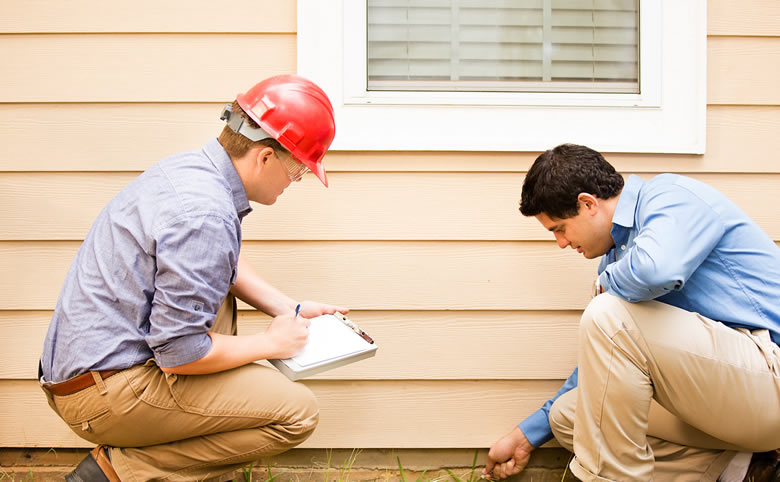Not only is it irresponsible to buy a home without first thoroughly checking the condition in it in, but you also risk wasting time and money. You should never blindly invest in a property, especially when you intend to make it your home.
And this is where building inspections come in. Building inspections, which are done by a qualified inspector, will inform you of the status of the property. At the end of the inspection, you will receive a detailed report that addresses clear and obvious internal and external defects.
However, to get the most out of the inspection, you need to put some effort. While the final report helps you make your final decision, it is equally essential for you to participate during the inspection to ensure you are as informed as possible.
So, how do you participate? By asking relevant questions, of course. And to help you with that, we have prepared a set of questions that you can ask the inspector while the process is going on.
How big the problems are?
You need to ask the inspector how big any problems they find are and how long they will take to fix them. You also have to ask how much money the repairs require so that you can estimate a budget.
Sometimes, there will be issues that don’t require any repair or at least not immediately. Make a list of all those issues. On the other hand, there will be other issues that require professionals to fix them, which may cost you more than what you expected.
So, you need to ask the inspector about the severity of the issues before you can proceed with the purchase.
What should I fix before moving in or soon after?
Imagine you bought the house and are ready to get settled. But how soon can you make it happen? It’s possible for the house to have some problems like leaking pipes that need a quick fix but may not necessarily prevent you from moving in.
If you ignore or wait too long to repair them, however, these problems may damage your new property and the repairs might become more expensive to complete.
You can ask the inspector to identify those problems that need immediate fixing so that you can avoid the hassle after moving into the house.
What condition is the roof in?
This is an important question to ask because if the roof is damaged, it may mean other parts of the home are damaged by water or you may even need to replace sections or the entire roof.
While the inspector is checking the roof, ask about the condition of the roof. Are there loose or cracked shingles or tiles? Is there any major wear and tear? Ask them if they notice any water damage, leaks or holes. You can even ask their professional opinion about what needs to be done, like small repairs or getting a new roof.
By knowing this information, you may be in a position to negotiate with the seller. You may be able to specify that they replace the roof before you purchase the property, or you could ask them to reduce the asking price because of the repairs you’ll need to make once you’ve bought the home.
Are there any issues with the electrics or plumbing?
It’s an expectation for any home that electrics and plumbing are in good working order. Ask your inspector about the state of the wiring, including whether meets required safety standards. While the inspector cannot cause any damage to the home to check the electrics, like knocking a hole in the wall to check wires, their inspection can still be thorough. They will test switches and appliances for any defects.
Likewise, the inspector will check the plumbing, from pipes to the drainage system and the water pressure and any water heaters. Make sure to ask if there are any major repairs required for the plumbing.
You can ask them the following questions too. Is the water pressure appropriate? Are there any leaks or water stains that suggest leaks? Are there any drainage issues? Is the plumbing old and in need of replacing?
Have there been any recent modifications?
Not every house you look at will be brand new. Some may a few years old to a few decades old. In its time, it may have undergone small renovations or major structural changes to make it look new and to fit the needs of the inhabitants.
Ask your inspector how old the house is and if it is structurally sound. Check if they believe any recent repairs or renovation work have completed. If yes, ask if they think it has been done adequately or if you’ll likely need to fix it again.
Clarify anything you don’t understand.
The inspection report that you receive at the end can be up to 100 pages of detailed information about the home, including the photographs of defects. However, this level of detail may be confusing or not completely clear.
If you have any questions or are unsure about anything, speak with the inspector as soon as possible.
Also get to know about What to expect from a pest inspection?
Make the right purchase.
Building inspectors help you make an informed decision about which property to purchase. Don’t hesitate to spend a little of your money on services like inspections or dilapidation reports to know exactly the state of the building.






